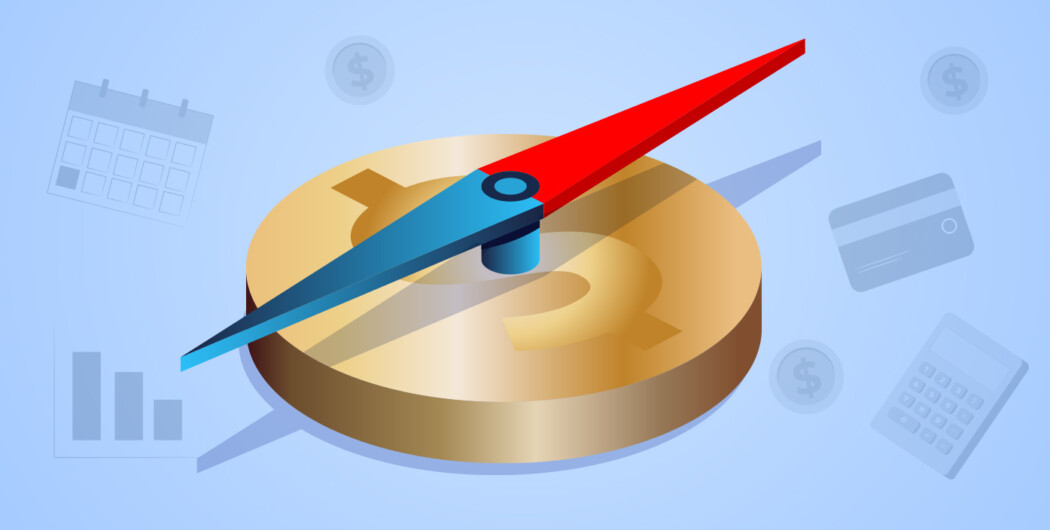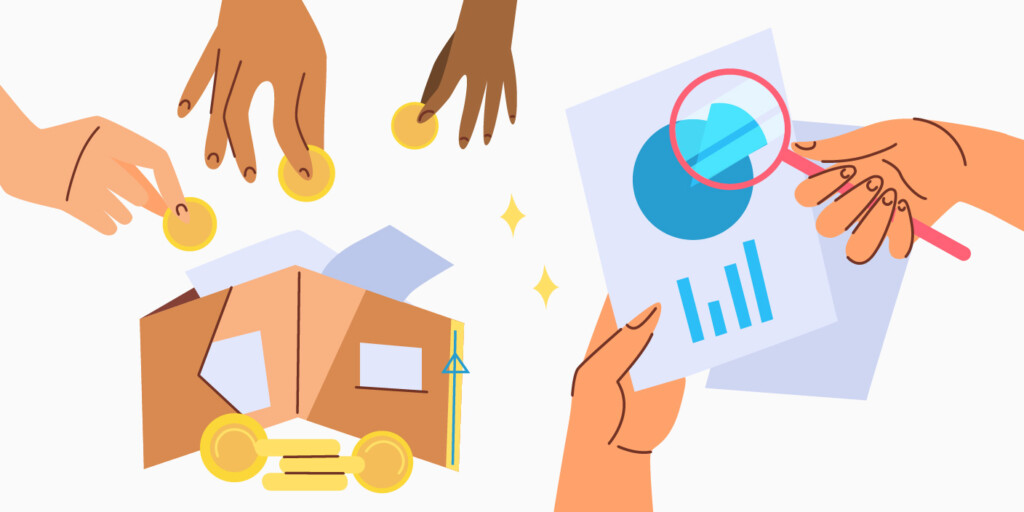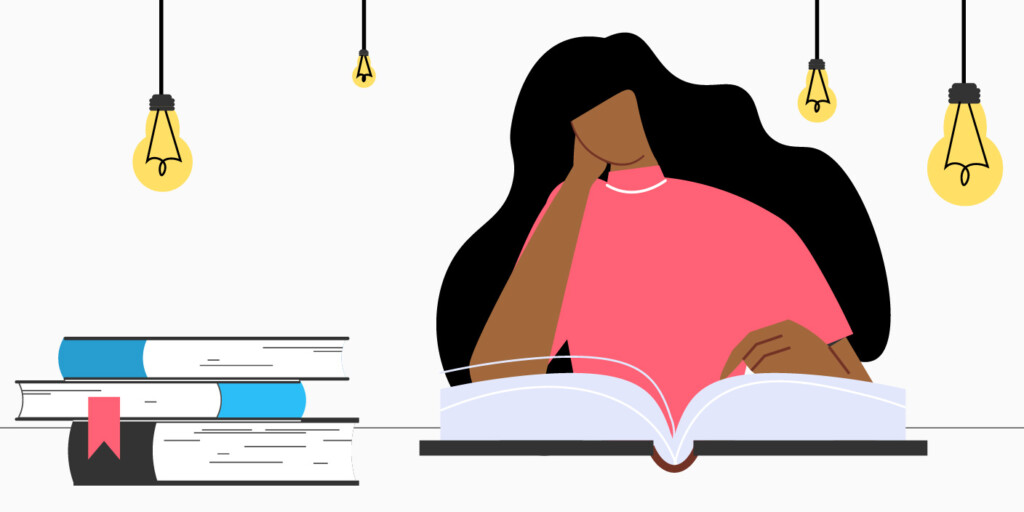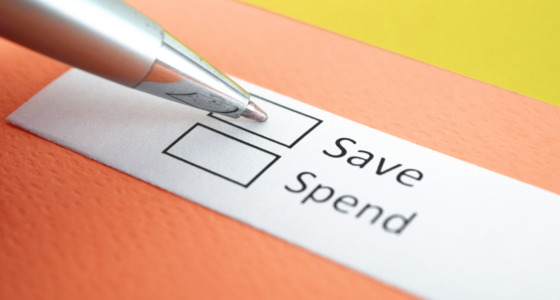

There is one inspiring story about Rachel Fox, who had already made a name for herself as a successful actress at just 16 years old. But she didn’t stop there – she was also passionate about investing and finance. She used her earnings from acting to invest in companies like Google and Amazon, and she was able to grow her portfolio to over $50,000 by the time she was 18. Fox went on to study economics at Columbia University and started her own consulting firm, Fox Finance Group.
If you’re looking to learn more about personal finance and economics, take a page from Rachel Fox’s book and dive in.
Personal finance definition

Personal finance refers to managing financial resources to achieve certain goals and objectives. This concept encompasses a broad range of topics that fall into one of five categories:
- Income: all sources of cash flow, such as salary, pension, social security, and investment income from rental properties or stocks
- Spending: any expenses an individual may have
- Savings: a portion of income for future expenses, both planned and unplanned
- Investing: financial products such as stocks, bonds, or real estate with the expectation of earning future income
- Protection: various products like annuities, property/casualty insurance, life insurance, and health insurance
What to do in your 20s
Establish good financial habits by creating a budget, tracking expenses, and avoiding high-interest debt. Build an emergency fund and invest in your education and career to maximize your opportunities later.
Also, start saving at least 10% of your income as soon as possible, and consider saving 15% or more for retirement.
What to do in your 30s

Focus on your increasing savings and paying off high-interest debt. Build and grow a diversified investment portfolio, regularly top up an emergency fund, and review insurance policies.
Another crucial aspect of personal finance activity in your 30s is exploring other income streams, such as side hustles or freelance work, to supplement your income for goals like home ownership.

What to do in your 40s
Taking care of yourself physically, mentally, and emotionally will help prevent costly health problems down the road. If you have children, teach them about financial literacy and responsibility to help them develop healthy financial habits.
Consider investing in yourself by furthering your education or starting a business to increase your earning potential.
What to do in your 50s
Get adequate insurance coverage, including life, disability, and liability insurance, to protect your income and assets. Maximize contributions to your retirement plan and consider catch-up contributions to make up for any gaps in savings.
Perhaps you can downsize your home to reduce expenses or use your home equity to fund retirement or pay off debt.
What to do in your 60s
With retirement approaching, create a comprehensive plan that includes a budget and an investment exit strategy. Think about your legacy and consider creating an estate plan, including a will and trusts, to ensure your assets are distributed according to your wishes.
Unfortunately, older adults are often targeted by financial scams, so stay vigilant and educate yourself on common scams to avoid falling victim.
Best personal finance books

For more valuable insights and guidance on personal finance, check out some of the book recommendations from Business Insider, a leading business news outlet:
- Finance for the People by Paco de Leon: top choice for visual learners, millennials and Gen Zers who prioritize social awareness, complete and inclusive financial advice
- Get Good With Money by Tiffany Aliche: top choice for people seeking to eliminate debt, those who prefer using worksheets to organize finances, career-oriented adults
- Your Money or Your Life by Vicki Robin: top choice for achieving early retirement and establishing effective frameworks to accumulate savings
- Get a Financial Life by Beth Kobliner: top choice for career-oriented adults who are in the early stages of their financial journey
- The Financial Diet by Chelsea Fagan and Lauren Ver Hage: top choice for career-oriented adults, people who prioritize budgeting but with little knowledge of personal finance
- The Money Manual by Tonya B. Rapley: top choice for people who need to refresh their budgeting and saving skills and prefer a hands-on approach to learning
- How I Invest My Money by Joshua Brown and Brian Portnoy: top choice for effective techniques to save money, as well as for motivation and guidance to progress further with your financial goals
Remember that personal finance is a continuous journey that requires ongoing learning and adaptability. So, keep exploring and growing!
Sources:
Personal Finance 101: The complete guide to managing your money, CNBC
Personal finance defined: the guide to maximizing your money, NerdWallet
The 19 best personal finance books for 2023, Business Insider







